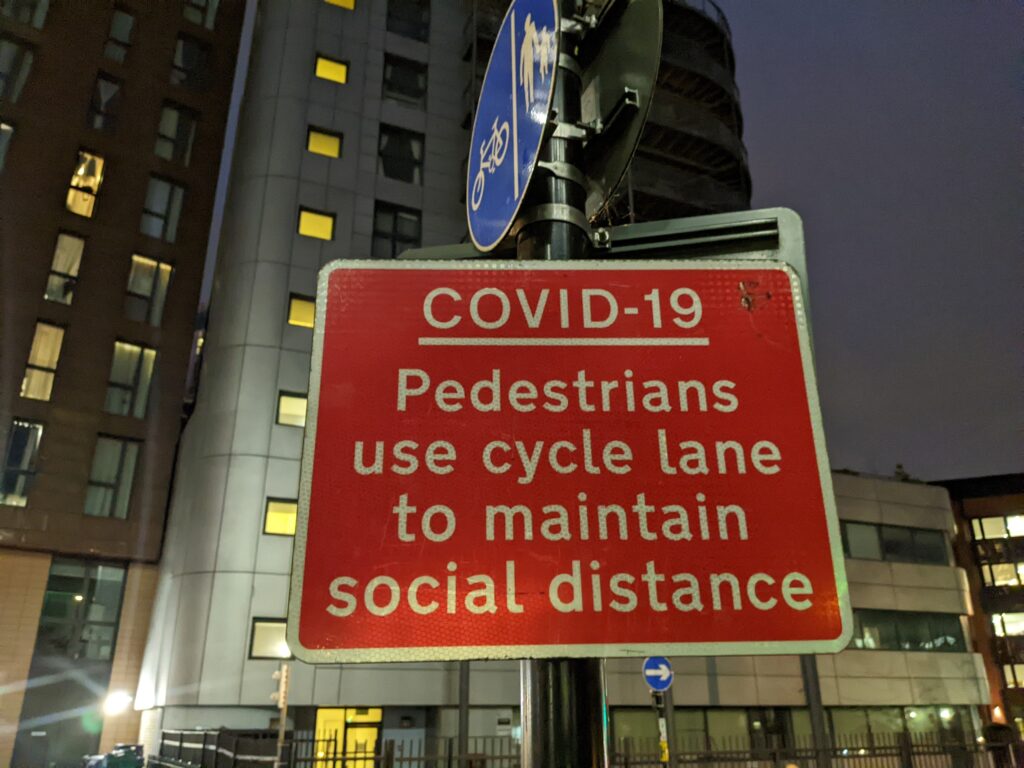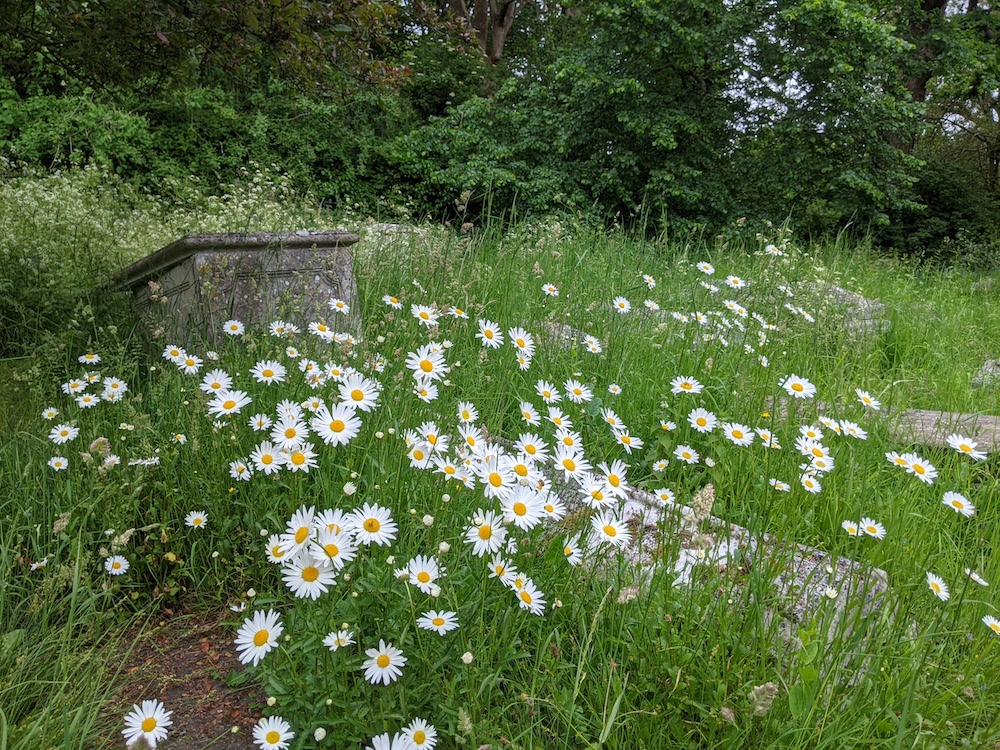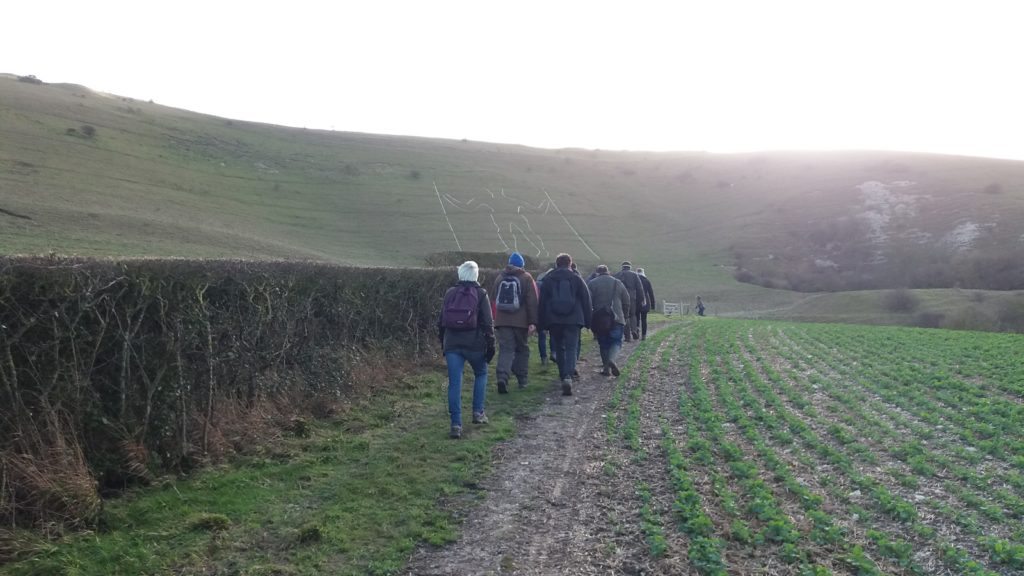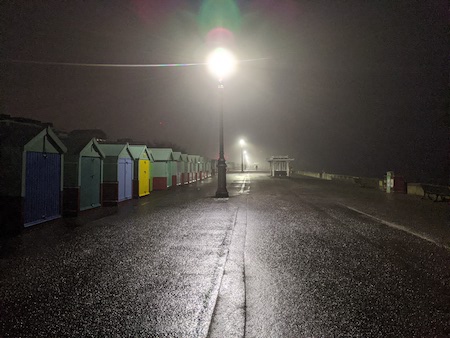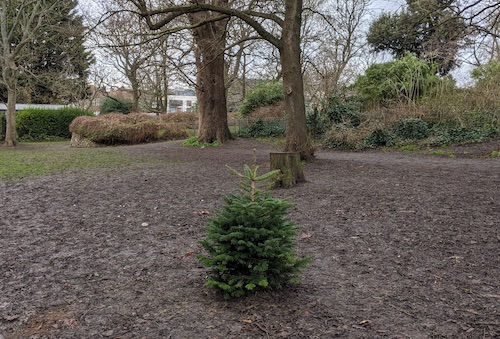My friend Laura told me something she’d read about the 1918/9 flu, that people quickly forgot the details of that time. I can already feel some of the details of this pandemic disappearing. It was only re-reading some of my old posts on the topic that I recalled the mood around those early daily briefings, where everyone stopped work at five for them, and I’d watch with a drink in hand.
I don’t want to lose the lessons of the pandemic, or to forget how miserable the winter lockdown of 2021 was. But, at the same time, it does feel like things have turned a corner. I am vaccinated and I have left Brighton. I was so taut and angry and hateful while I was stuck in one place with no escape; now, living in the countryside I feel better, and it’s time to move on. My fear has lifted.
Back in March, Rosy said that I talked and read about the pandemic more than most people. That was one of the problems with facing lockdown in isolation: you couldn’t calibrate normality from the people around you. I assumed everyone was doom scrolling the same as me, following all the angles on the pandemic. I must have been both tedious and triggering for a lot of people.
But it now feels like time to draw a close on my covid journalling. As Dr Manhattan once said, ‘nothing ever ends’ and this pandemic will continue – my second vaccination, the ongoing death toll, the memorials, the inquiries – but it all feels less urgent now.
One thing I don’t want to forget is the awfulness of the government, and the lies it told and the shortcuts it took. Vice magazine has an article listing Every Single Promise Broken By the Tories Over Lockdown and it’s worth reading. It only covers the first year, but it’s quite something. And let’s not forget the blatant headline grabbing lies, when the government proposed ridiculous and implausible ‘moonshots’, later quietly abandoned. Or the ventilator challenge, where the government shunned experienced firms in favour of a PR-friendly approach to well-known companies such as Dyson and JCB.
And on 24/5/21 – over a year after the pandemic started – the government announced a pilot plan to support self isolation. It includes:
a range of initiatives including providing alternative accommodation for people in overcrowded households, social care support such as increasing existing social care support for vulnerable adults and providing ‘buddying’ services for people whose mental health has been affected by lockdown and the variant outbreaks, and language communications support for individuals where English isn’t their first language.
I mean, really? Were these things not obviously needed from the start? I was miserable while locked down in a large comfortable flat, and can only imagine how hard things must have been for many others in worse situations. People’s mental health was shattered by this, and there was no support. Britain appears to have a mental health policy advertisements suggesting you talk to your mates, and that was not good enough.
Then we have the uneven economic effects of what happened. Failures of State pointed out that “One in three low-paid workers was furloughed or lost their jobs compared with one in ten of the higher-paid“. A lot of people have done well financially out of the pandemic, while others have suffered awfully with no support. The effect on university leavers in particular is said to likely be worse than people who graduated during the financial crisis, and many people’s careers never recovered from that.
Throughout the pandemic, I’ve wondered what the government’s long-term strategy for dealing with covid is. Now, it looks to be settled on ongoing vaccination and a (so far unstated) acceptable annual death toll. Although there is no discussion into the long-term impacts of long covid, which makes me very uncomfortable. Zero covid might be brutally difficult, but the alternative is hard on the unlucky. There is still little support for hundreds of thousands of people suffering from long covid.
The last 15 months have been strange, hard and surprising. I’ve avoided the coronavirus, but I’ve faced other challenges. Now it’s a good time to tell myself I’m out on the other side, even if that’s not strictly true. New normals, and all that.
I’m currently living a few miles from the Download Festival site. The festival went ahead, despite the restrictions, as an experimental government pilot. Hearing the sound of bands, although quieter than previous years, was great. Slowly, the world is coming back.
